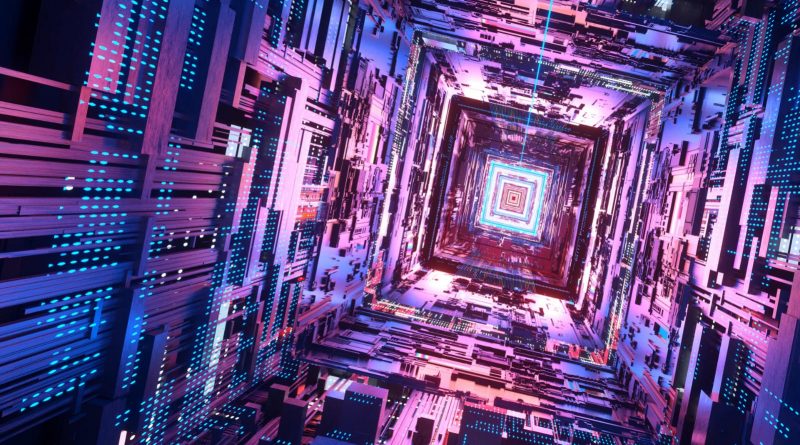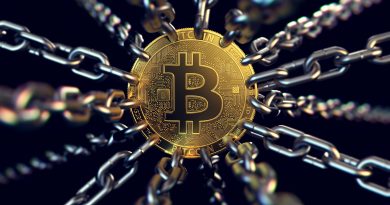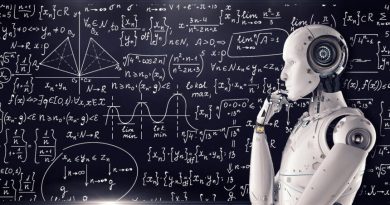What are DAO Blockchain concepts
What are DAO Blockchain concepts
DAO (Decentralized Autonomous Organization) stands for decentralized autonomous organization and is a concept that is closely linked to blockchain technology. A DAO is an organization whose decision-making and operation are automated by intelligent contractual rules on a blockchain.
The DAO concept is based on smart contracts that are executed on the blockchain. Smart contracts are self-executing contracts that automatically monitor and implement the process and conditions of an agreement. In a DAO, decisions and actions are determined by the coordination of the participants and the fulfillment of the predefined rules of the smart contracts.
A DAO can take various forms and be used in different areas. Here are some examples of DAO concepts with blockchain:
1. Governance DAOs: These DAOs are used for decentralized decision-making and management of an organization. The participants can take part in decisions via votes or other mechanisms, such as changes to rules, budgets or strategic decisions.
2. investment DAOs: These DAOs enable participants to make investments together and share profits or losses accordingly. Smart contracts can be used to process investments, dividends or payouts automatically and transparently.
3. Token-Curated-Registries (TCRs): TCRs are DAOs designed to create high-quality listings or directories of information, products or services. Participants can contribute to quality assurance by submitting and reviewing entries and are rewarded for their contributions through token-based voting.
4. Decentralized financing (DeFi): DeFi platforms use DAO concepts to offer decentralized financial services. These can include lending, trading, liquidity pools and other financial instruments. Participants can participate and be rewarded by providing liquidity or other contributions to the platform.
DAO concepts with blockchain enable transparent, efficient and decentralized organization and collaboration. They reduce the need for intermediaries and create trust through the use of smart contracts and cryptographic security. Nevertheless, it is important to note that DAOs also come with risks, such as technical difficulties, security risks and the need for sufficient participant engagement for effective governance.




